Dark online groups idolize the Columbine school shooters
Twenty-five years after the shooting, Columbine 'fan clubs' remain prevalent online

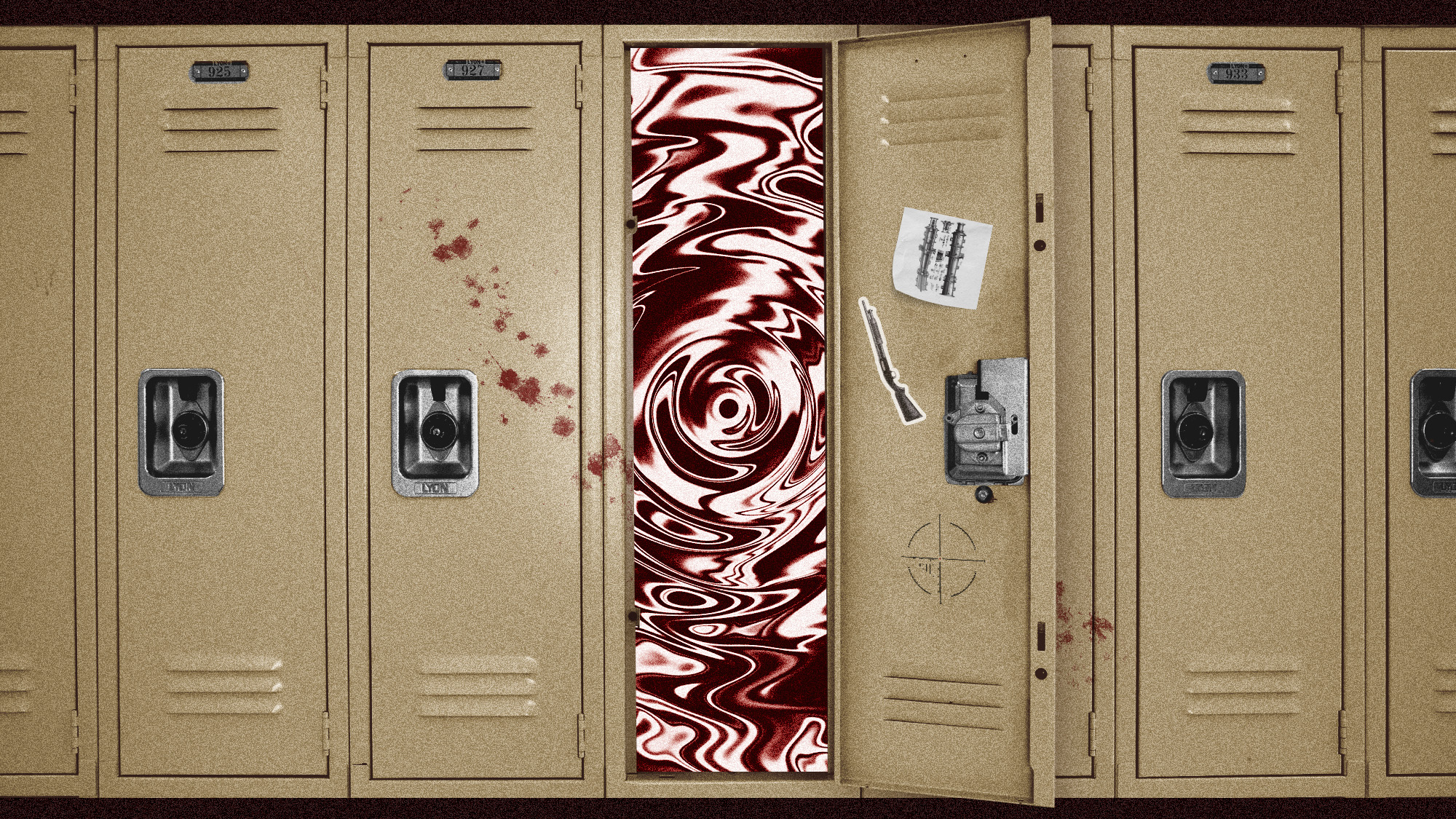
A free daily email with the biggest news stories of the day – and the best features from TheWeek.com
You are now subscribed
Your newsletter sign-up was successful
April 20 marked the 25th anniversary of the Columbine High School shooting in Colorado, where a pair of gunmen killed 12 students and a teacher before taking their own lives. The attack remains one of the deadliest school shootings in U.S. history, and while Columbine led to a reckoning over gun culture in America, it also birthed a darker element, one that exists to this day: online fan clubs that idolize the Columbine shooters.
In the months after the shooting, online message boards began creeping up lauding the actions of the perpetrators, Eric Harris and Dylan Klebold. There were a variety of reasons for this. Some idolized the pair as lone wolfs, while others on the far-right lauded their supposed adoration for Adolf Hitler and the Nazis (though many of these alleged motives have since been debunked).
And in the quarter-century since the shooting, this subculture around Columbine has only been increasing, and many copycat fan clubs have also emerged surrounding other school shootings and mass casualty events. But how prevalent are these fan clubs, and why are they still flourishing?
The Week
Escape your echo chamber. Get the facts behind the news, plus analysis from multiple perspectives.

Sign up for The Week's Free Newsletters
From our morning news briefing to a weekly Good News Newsletter, get the best of The Week delivered directly to your inbox.
From our morning news briefing to a weekly Good News Newsletter, get the best of The Week delivered directly to your inbox.
What do these fan clubs believe?
Columbine has created an "obsessive online interest among a generation that wasn't even alive at the time of the attack," said USA Today. Much of this is due to the advent of social media over the last few decades, as well as the internet allowing easier access to information about the shooters.
After Columbine, it was discovered that Harris and Klebold left evidence of their plans, including journals and videos. This resulted in a subculture that "latched onto those details of their online life and the investigative reports that followed," USA Today said, and that subculture has never gone away. Modern social media has given these fan club members a new platform to spread their beliefs, and "TikTok profiles with the shooters' names and photos are festooned with hearts and ribbons and fans of the shooters declare their love and admiration in the comments."
The fact that so much of the shooters' lives were on display following the attack "helped make the Columbine shooters into icons of rebellion," said The Guardian. Teens that didn't believe the narrative that Harris and Klebold were cold-blooded killers "now had lots of highly charged, intimate material to stoke their fascination, and they used it to build a counter-narrative" that depicted the pair as "martyred revolutionaries who dared to rebel against the repressive, jock-centric culture of their school." Social media played an integral role in this evolution. Fans first began uploading tributes of the shooters on YouTube, then moved to Tumblr when YouTube started cracking down, before making their way to modern platforms like X and TikTok.
Not all of these fans are the same, and Columbine followers can generally "be separated into four types," according to experts at the Global Network on Extremism and Technology. This includes researchers who search for and share information, fangirls who have a crush on the perpetrators, fans who empathize with the shooters but do not necessarily condone their actions, and copycats.
A free daily email with the biggest news stories of the day – and the best features from TheWeek.com
What are the consequences of these clubs?
Speaking of copycats, that is exactly what occurs with many of the Columbine fans. There have been "54 mass shootings that have killed nearly 300 people and wounded more than 500," and "every gunman left evidence that they were inspired or influenced by the murderers at Columbine," said The Atlantic. This is largely due to the "legend" that was propagated around the shooters online.
The Virginia Tech shooter "wrote in a school assignment that he wanted to 'repeat Columbine' and that he idolized its 'martyrs,'" said the Atlantic. The Northern Illinois University shooter was "explicitly inspired by both Virginia Tech and Columbine," and the Sandy Hook shooter was inspired by all three. But most fans were "just curious teenagers interested in the criminal mind or in analyzing Columbine," and "many still are."
And like Columbine, these shooters often receive fans of their own. Following the Parkland school shooting in Florida in 2018, online users began fawning over the shooter, Nikolas Cruz, and "created hundreds of blogs, private servers, and chat rooms where kids can get together and talk about their latest obsession," said New York Magazine. Cruz killed 17 people, but according to one fan, he was "just a person that the system failed."
Justin Klawans has worked as a staff writer at The Week since 2022. He began his career covering local news before joining Newsweek as a breaking news reporter, where he wrote about politics, national and global affairs, business, crime, sports, film, television and other news. Justin has also freelanced for outlets including Collider and United Press International.
-
 The ‘ravenous’ demand for Cornish minerals
The ‘ravenous’ demand for Cornish mineralsUnder the Radar Growing need for critical minerals to power tech has intensified ‘appetite’ for lithium, which could be a ‘huge boon’ for local economy
-
 Why are election experts taking Trump’s midterm threats seriously?
Why are election experts taking Trump’s midterm threats seriously?IN THE SPOTLIGHT As the president muses about polling place deployments and a centralized electoral system aimed at one-party control, lawmakers are taking this administration at its word
-
 ‘Restaurateurs have become millionaires’
‘Restaurateurs have become millionaires’Instant Opinion Opinion, comment and editorials of the day
-
 American universities are losing ground to their foreign counterparts
American universities are losing ground to their foreign counterpartsThe Explainer While Harvard is still near the top, other colleges have slipped
-
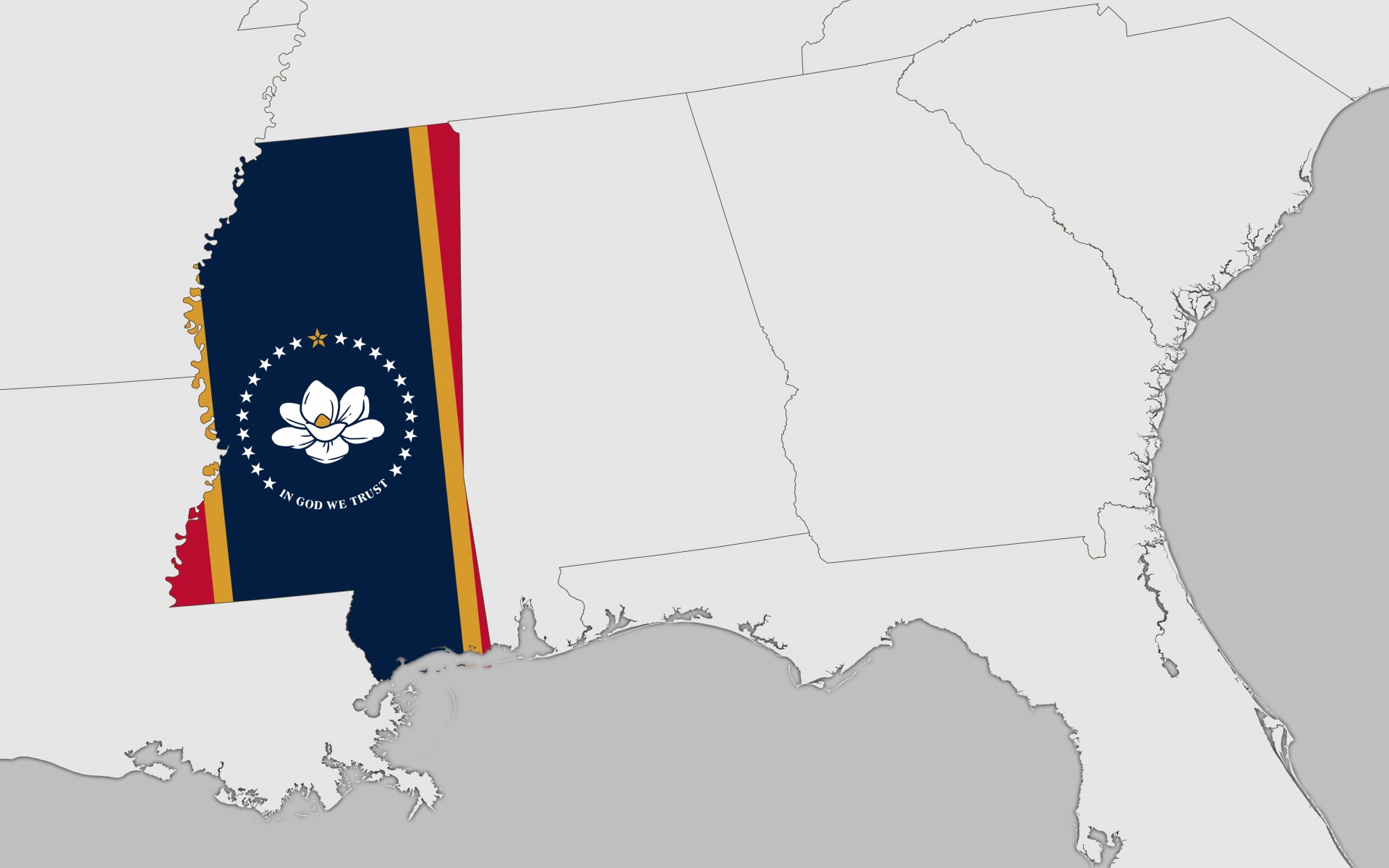 How Mississippi moved from the bottom to the top in education
How Mississippi moved from the bottom to the top in educationIn the Spotlight All eyes are on the Magnolia State
-
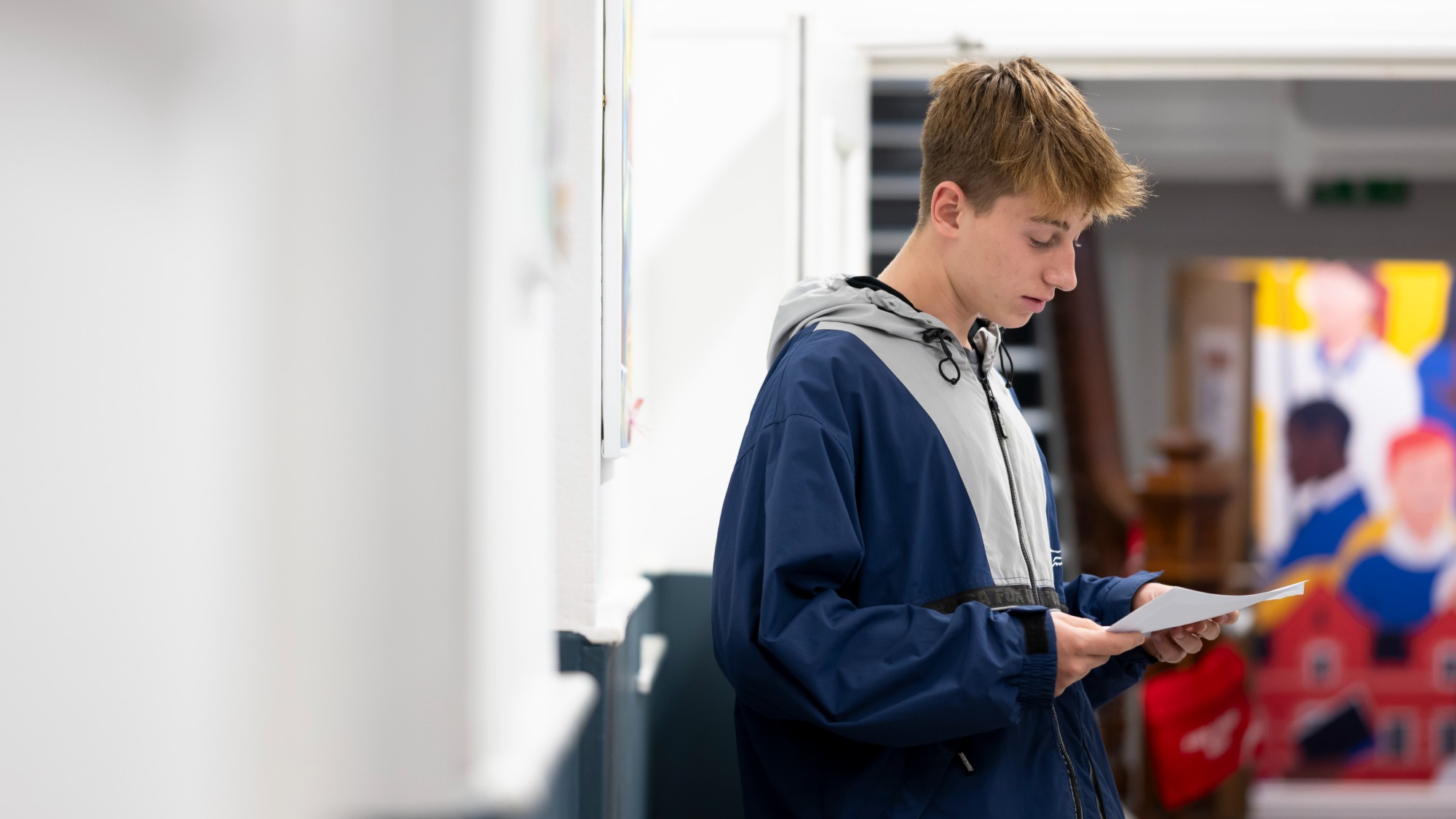 How will new V level qualifications work?
How will new V level qualifications work?The Explainer Government proposals aim to ‘streamline’ post-GCSE education options
-
 England’s ‘dysfunctional’ children’s care system
England’s ‘dysfunctional’ children’s care systemIn the Spotlight A new report reveals that protection of youngsters in care in England is failing in a profit-chasing sector
-
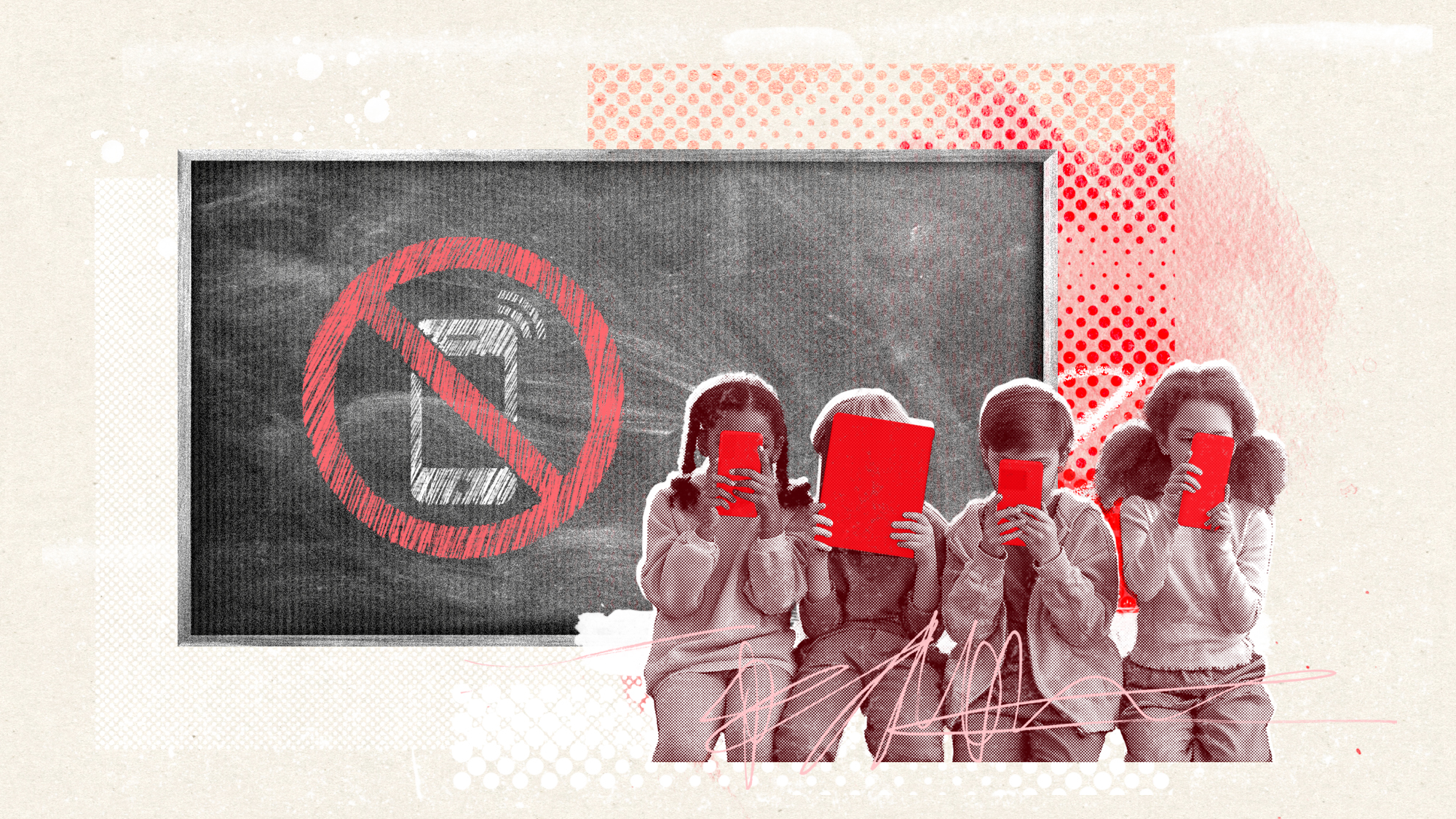 The pros and cons of banning cellphones in classrooms
The pros and cons of banning cellphones in classroomsPros and cons The devices could be major distractions
-
 School phone bans: Why they're spreading
School phone bans: Why they're spreadingFeature 17 states are imposing all-day phone bans in schools
-
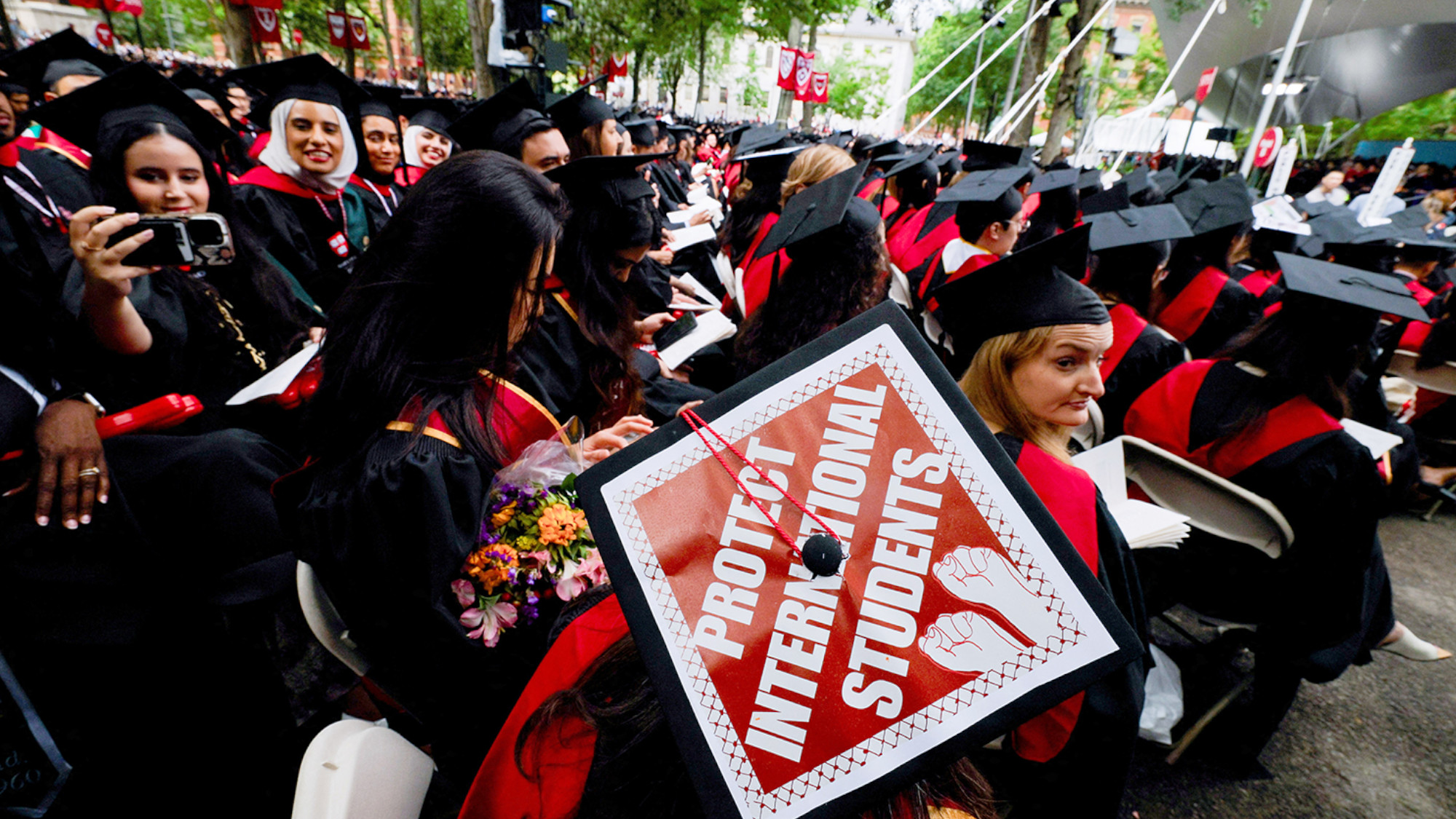 Education: America First vs. foreign students
Education: America First vs. foreign studentsFeature Trump's war on Harvard escalates as he blocks foreign students from enrolling at the university
-
 Where will international students go if not the US?
Where will international students go if not the US?Talking Points China, Canada and the UK are ready to educate the world
